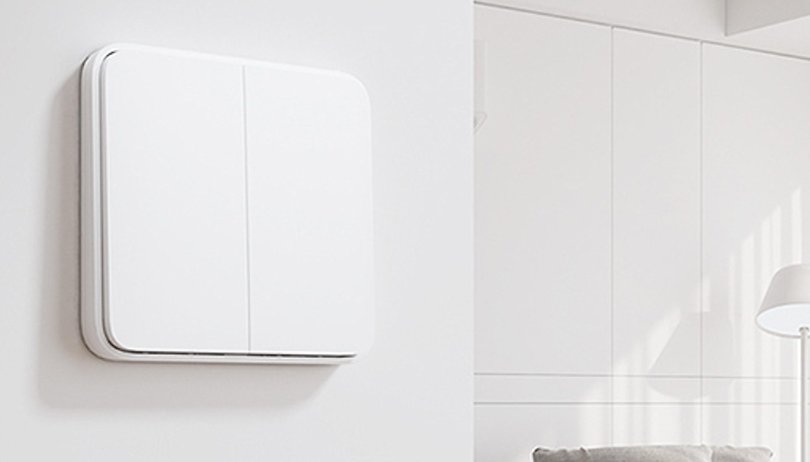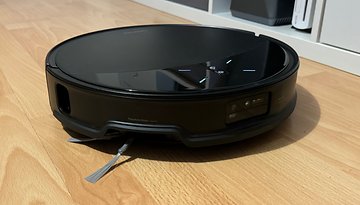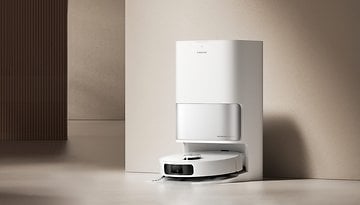Smart & cheap: Put Xiaomi's wireless light switches everywhere


Read in other languages:
Smart buttons or smart switches are not new in the IoT ecosystem. The new Xiaomi Smart Wireless Bluetooth Power Switch (what a name!) controls your army of smart home devices – but for a really inexpensive price and with a clever design.
TL;DR
- Xiaomi Smart Switch controls smart home devices wirelessly.
- The battery life of Xiaomi's smart switch or button could last up to three years.
- The smart switch is launching for just $11 a piece in China.
There's no specific shorter name for the smart two-gang switch of Xiaomi aside from "Wireless Bluetooth Power Switch". The smart switch has two mechanical rectangular buttons that are configurable with up to seven different functions including single, double, or long press for each button. Considerably, Xiaomi's smart switch looks ergonomically better to use compared to Philips' miniscule smart button that you can control smart Philips Hue bulbs with.
The buttons are configurable. That means that they will turn on or off programmed devices – or can automate an array of actions depending on the user's selection via the Xiaomi smartphone Home app. The switch supports Xiaomi and Mijia smart IoT devices such as lights and appliances – as long as they're withing the Bluetooth mesh range in your living space, which is another advantage of the power switch.

- Also interesting: Philips Hue smart bulb ecosystem explained
There is no need for wires and batteries when installing the Smart Wireless Switch as it has a built-in battery that is rated to last up to three years. You can mount the button anywhere in your premises as long as it is within the range of smart home devices.
The Xiaomi Smart Wireless Bluetooth Power Switch is available in China for 69 yuan or ~$11 price. It will likely arrive in some markets starting this year and it could really come handy for those who have smart Xiaomi devices at their home.
Controlling different smart home devices from a physical button could be useful and fun. Which major brand do you think should introduce its own smart switch?
Via: GizmoChina Source: ITHome


















